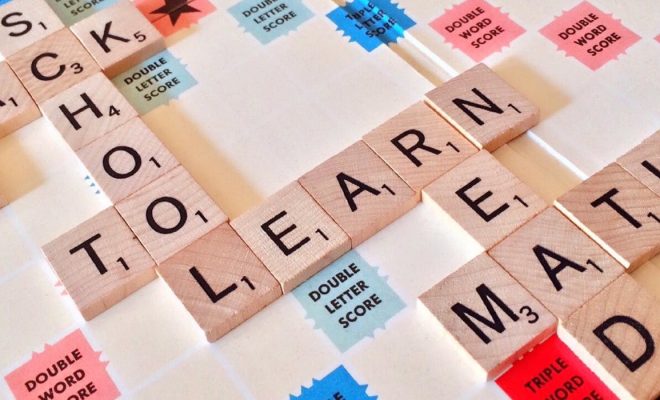Pass or Fail: Defining Teacher Competence

In this multi-part series, I provide a dissection of the phenomenon of retention and social promotion. Also, I describe the many different methods that would improve student instruction in classrooms and eliminate the need for retention and social promotion if combined effectively.
While reading this series, periodically ask yourself this question: Why are educators, parents and the American public complicit in a practice that does demonstrable harm to children and the competitive future of the country?
WHO a teacher is as a person impacts HOW he or she educates
Beyond specific teacher qualifications and the alignment of teachers with particular training to undertake specific teaching assignments, we must also consider and define teacher competence apart from any credentials they may have. This is so because, unfortunately, even a considerable amount of academic and professional training does not necessarily result in the acquisition of the competence necessary to the meet raised expectations for student learning.
As an alternative to retention and a suggested best teaching proactive, Glasser proposed that teachers should model and relate schoolwork directly to student interests and needs as a means of motivating students to work harder. Merit promotion was also a viable strategy to encourage students to work harder, to be motivated to study and perform well on a specific test or on several specific tests, especially when testing is the principal criterion for retention.
Another strategy, outlined by Siegel and Hanson, involves the use of remedial aids to support students who have difficulty in a specific skills area. Supplementing instruction but requiring minimum absence from the classroom (compared to special education pull-out supports) can also be effective.
Glasser considered a somewhat proactive approach: having teachers specifically insist on superior work from students who are not performing well. Although this strategy might seem self-defeating for students already struggling academically, a good, competent teacher should be able to recognize instances in which this, or any of the other strategies outlined here, might be effective at engaging a struggling student.
Being able to gauge when it is appropriate to employ optional instructional strategies or practices is an important skill we might reasonably expect to find in competent teachers. Teachers should be able to facilitate cooperative learning, mastery learning, direct instruction, adaptive education, individualized instruction, peer tutoring, and curriculum-based assessments as instructional strategies whenever appropriate.
A core teacher competency should not only be the ability to identify and implement specific teaching strategies to support individual learning needs but the ability to make a sound judgment about strategies from the available range. The best teachers should be able to recognize those measures that would be most effective at supporting an individual student and inspiring him to be accountable for his education.
Because of the importance of home–school communications, teachers must be good communicators. They must be able to engage parents as well as students, and should encourage parents to support their children while also addressing potentially sensitive issues with them.
Positive social-communication and interpersonal skills are also important competencies. Teachers should be comfortable and competent at encouraging student responsibility and self-evaluation. Beginning as early as first grade, Glasser suggests; teachers should encourage students to undertake self-grading. He also argues that teachers shouldn’t even accept class work until both teacher and student have agreed on its quality.
When these “gray” areas start to come into play, it further emphasizes the futility of a pass/fail system. There are so many nuances to learning – and to teachers and students as individuals. This is such an important concept to embrace if we are to move forward from a pass/fail mentality into one that actually works for every student in the classroom.






